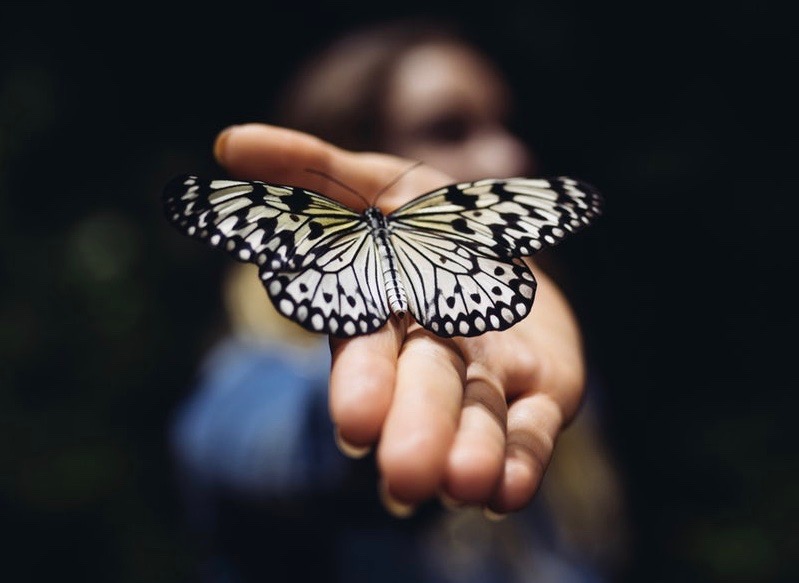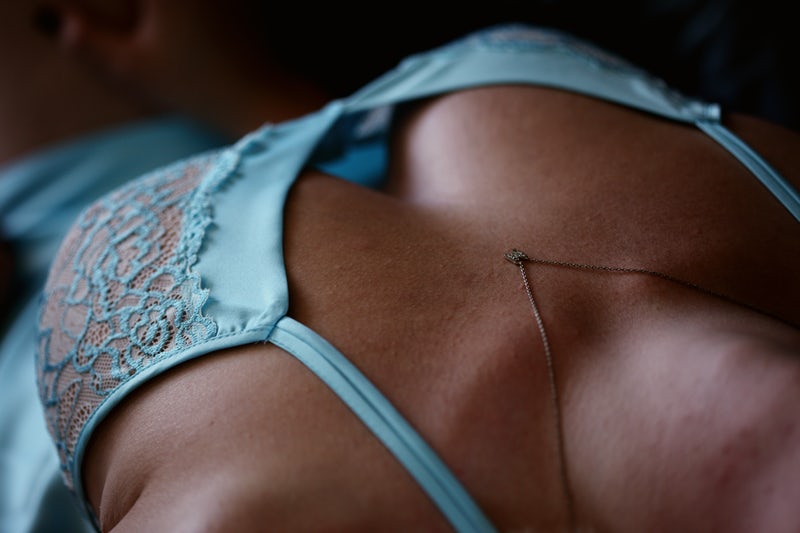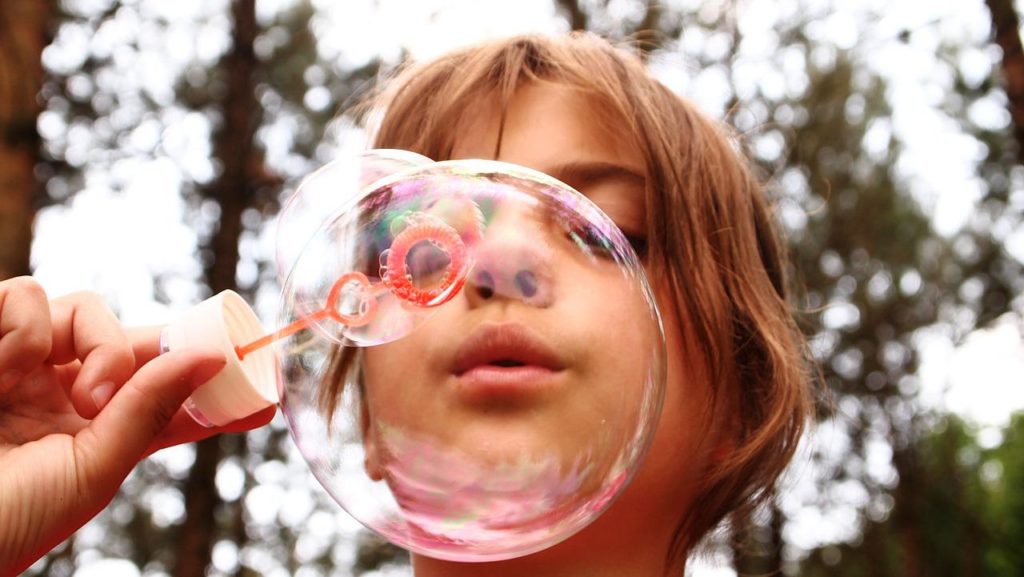
I sometimes work with women on exploring, feeling and sustaining their own sexual desire. According to Richard Sine, in his article “Sex Drive: How Do Men and Women Compare,” research (apparently) shows that men tend to have more sexual desire and a stronger sex drive than women. Common markers used to measure this “drive” are the number of sexual thoughts, the frequency of masturbation, and how actively a person pursues sexual contact with someone. Women, Sine argues, tend to have fewer sexual thoughts, to masturbate less, and to seek out sex less than men do.
But sexual desire doesn’t occur in a vacuum. We live in a hypersexualizing culture where girls are conditioned to objectify themselves in order to fit into their peer groups, and men are socialized to be aggressive, suppress empathy, and view women as sexual objects. Our culture begins defining our sexuality for us before we even know what our sexuality is.
Rosemary Basson, director of the University of British Columbia’s sexual medicine program, notes that women’s arousal doesn’t usually follow the traditional model of spontaneous desire. Spontaneous sexual desire occurrs “on its own” or “out of the blue.” Women tend to feel this type of desire most at the beginning of a new relationship, and less later in the relationship. Spontaneous desire aligns more with men’s experience.
Women’s Responsive Desire

Research also suggests that women’s desire, more than men’s, tends to be responsive rather than spontaneous, especially over the course of a longer partnership. This means women make a deliberate choice to experience arousal. When a woman’s desire meets repeatedly with disapproval and judgement over the course of her development as a sexual being, she learns to suppress it. Sexual desire is directly connected to gender conditioning.
In her Psychology Today article, “Women Who Are Untrue and the Men Who Love Them,” Wednesday Martin writes: “Three linked beliefs—that a woman is a man’s property, that a woman’s place is in the home, and that women are more “naturally” monogamous—were planted in humanity’s earliest harvests, when a woman’s most personal decisions were transformed into a matter of public concern and her sexual autonomy subjected to social control and legislation.”
Sexual Desire and Erotic Vitality

Understandably, women who don’t experience sexual desire want to feel it. They sense they’re missing out on something important. For some, erotic vitality is critical to living a fully embodied life. You can of course survive just fine without it, and many people do. But with it, your life moves into richer technicolor. Low desire women often long to feel a more vibrant connection to themselves, to their partners, and to their life’s purpose.
Romantic love is idealized. Sexual passion is folded into romantic love as part of the package deal. Movies, novels, art, social media, magazines, and advertisements showcase stories and images of peak sexual and erotic experiences. Sex is viewed as the ultimate.
In her article, “Can Relationship Anarchy Create a World Without Heartbreak,” Sophie Hemery writes, “In Western culture, hegemonic romantic love is marked by what the American psychologist Dorothy Tennov in 1979 called ‘limerence’ or all-consuming romantic and sexual passion, which ideally evolves into a monogamous partnership and often marriage. Thus, in increasingly secular, unspiritual and atomised cultures, romantic love becomes deified.” Why else would advertisers use it to sell everything from sugar to gasoline? It often follows that women who don’t experience strong or regular sexual desire feel cheated.
Drinking from a Sieve

But for some women, sexual desire doesn’t arise easily or naturally. It requires emotional and psychological healing work. A pre-requisite to accessing desire is feeling entitled to seek, receive, have, and enjoy. To do this, you need to operate from a position of empowered selfhood. The self you possess must be yours—not your bosses, your culture’s, your family’s, your husband’s or your girlfriend’s. A self feels and expresses, wants and asks, takes up space, receives and says “no” and “yes” without fear–or sometimes despite fear.
Body image issues can also get in the way of experiencing desire. Trying to feel sexual desire before you’ve worked through the issues that block your love for your own body is like trying to drink from a sieve.







